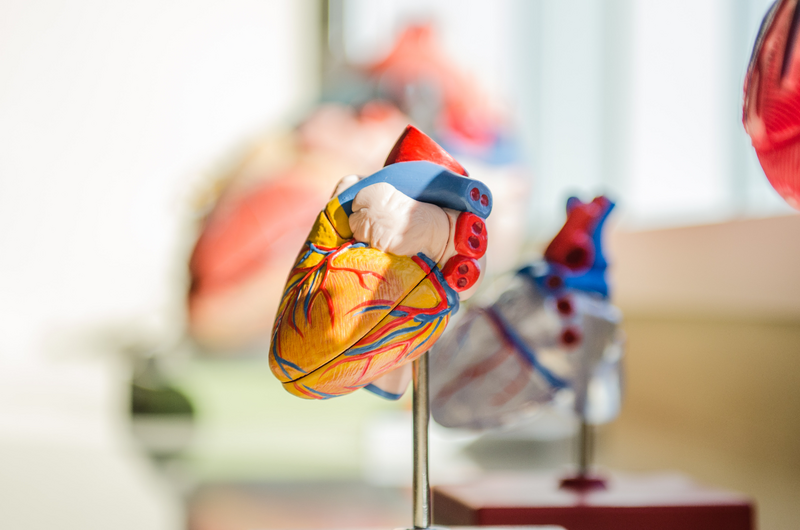High cholesterol
If there is too much cholesterol in the bloodstream, it can lead to narrowing of the blood vessels. This increases the risk of cardiovascular disease.
Cholesterol is a fat substance that the body uses to make cells, hormones, vitamin D and bile acids. Because of these positive properties, every body needs cholesterol.
Our body produces cholesterol itself , but we also absorb it through our diet . Cholesterol is transported through the body via the bloodstream . Because the fat substance does not dissolve in the blood, cholesterol attaches to proteins during transport.
High cholesterol occurs when there is too much LDL protein (low density lipoprotein) present. In this way, a lot of cholesterol is transported to the organs and can accumulate in the blood vessels.
What is the cause?
As we age, bad LDL cholesterol increases. But lifestyle (diet, exercise, smoking...) also plays a major role.
High cholesterol is not a disease and in itself does not cause any complaints. But years of high cholesterol can cause the blood vessels to narrow and clog, this is called arteriosclerosis. As a result, the blood supply is compromised and the organs do not receive enough oxygen.
What can you do yourself?
A healthy lifestyle helps keep your cholesterol levels under control:
- no smoking ;
- daily moderate intensity exercise (e.g. a good walk or cycling);
- aim for a healthy weight;
- manage stress;
- healthy food:
- eat a balanced and varied diet, with sufficient fruit, vegetables and fiber-rich products;
- choose unsaturated fats (e.g. olive oil, fish and legumes) instead of saturated fats (e.g. butter, meat and full-fat dairy products);
- prepare the food using low-fat cooking techniques such as steaming, grilling or poaching;
- limit fried foods;
- choose skimmed or semi-skimmed milk products.
Source
Elise Rummens | prevention doctor CM
Elise is our family doctor. Her hobbyhorse when it comes to health is exercise. That's why you see her jumping, flying, diving, falling and getting up again on Tuesday evenings. Then she has her weekly parkour training.
If you do not belong to a risk group, a cholesterol measurement is only necessary from the age of 50 every five years and from the age of 65 every year.


